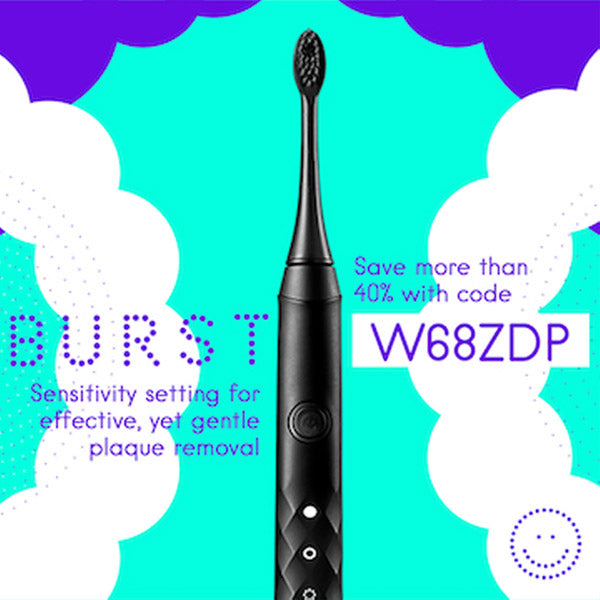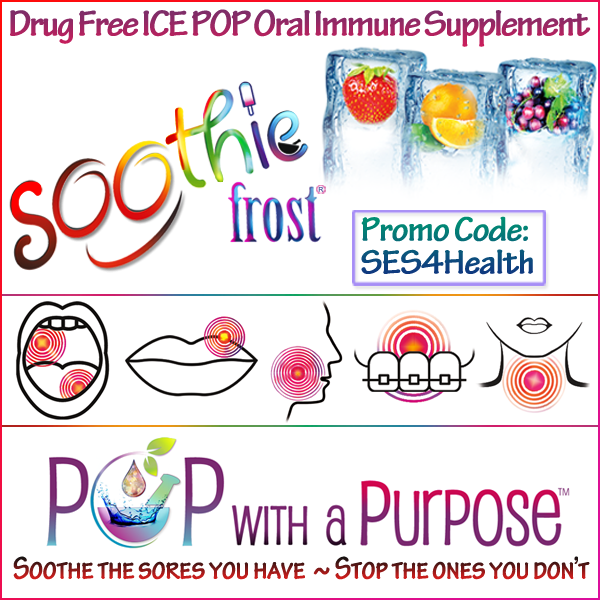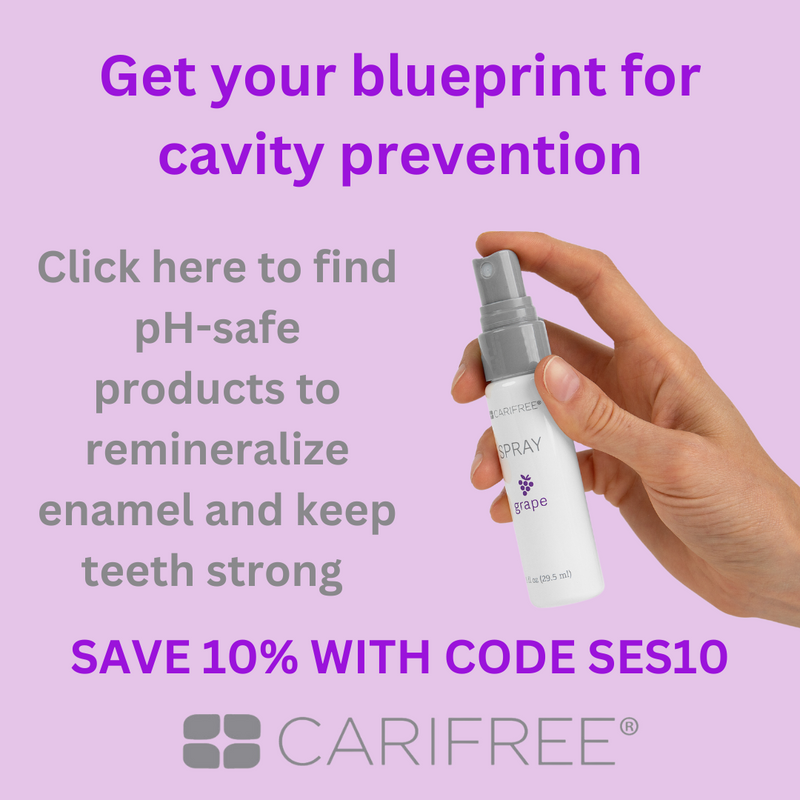How pH Affects Oral Health

What is pH?
Potential of hydrogen, most commonly known as pH, is a numerical scale in chemistry that measures how acidic or alkaline a substance is. The scale ranges from 1 to 14, with 7 considered neutral. Substances below 7 are acidic. The lower the number on the pH scale, the more acidic it is. Measuring higher than 7 shows the item to be alkaline.
How pH Affects Oral Health
Good oral health involves keeping the environment of the mouth near a neutral pH of 7. An acidic pH can cause damage to teeth such as enamel erosion and tooth decay. The mouth’s pH can be affected by various factors including the food and drinks we consume, certain medical conditions or treatments, types of oral care products used, and a lack of saliva.
When we eat or drink, bacteria that make up dental plaque consume sugar from the food/beverage to create an acid attack. The acid attack lasts for approximately 20 minutes after each exposure and decalcifies the outer layer of teeth called enamel. The loss of enamel weakens teeth, leading to sensitivity and tooth decay.
Consuming acidic sugar-free products “cuts out the middle man” to create an acid attack causing a condition called dental erosion. Dental erosion is the loss or wear of dental hard tissue from acids not caused by bacteria.
Damage to tooth structure can also occur from certain medical conditions that cause exposure to stomach acids. Examples include eating disorders like bulimia and gastrointestinal issues like acid reflux or GERD. Cancer treatments may lead to nausea and vomiting, creating an attack on tooth structure from stomach acids.

Photo credit Geneva Dental Team
Why Does a Dry Mouth Matter?
Saliva contains protective elements like calcium, phosphate and bicarbonate that help to maintain a near neutral oral pH and prevent breakdown of enamel. Lack of saliva lowers pH in the mouth and puts one at risk for tooth sensitivity, cavities, enamel erosion and infection. The pH level where enamel and dentin can begin to erode is referred to as critical pH. Enamel can begin to erode at a pH ranging from 5.5-5.7, while dentin’s critical pH is much higher at 6.0-6.9.
Lack of saliva and a resulting dry mouth is a common side effect of many medical conditions and medications including various types of chemotherapy. Radiation to the head and neck can damage salivary glands causing changes in saliva production, leading to significant problems with dry mouth. Radiation can not only affect the quantity of saliva produced but the quality as well, reducing its protective properties.
The oral bacteria that causes decay thrive in an acidic environment. Simply put, the dryer your mouth is, the more at risk you become for damage to your oral health.
Beware of Acidic Oral Care Products
Sadly, some over-the-counter oral hygiene products are acidic. Regular exposure to products with a low pH can contribute to an overall acidic oral environment and damage to tooth structure especially in a dry mouth.
According to the article Acidic oral moisturizers with pH below 6.7 may be harmful to teeth depending on formulation: a short report published in the August 2017 issue of Clinical, Cosmetic and Investigational Dentistry, “...some oral moisturizers may have an erosive potential due to their acidic pH, which is below the critical pH of dentin and enamel... care should be taken to formulate these products with safe pH values for both enamel and root dentin which, based on specific formulation should be around 6.7 or higher.” It was noted that the addition of calcium into these products can also be of great benefit to prevent damage to tooth structure.
Tips to Maintain A Neutral Oral pH
• Limit intake of acidic food and beverages.
• Use a straw to reduce exposure of acid to tooth structure
• Don’t sip beverages over a long period of time. Each sip produces another acid attack.
• Avoid products sweetened with citric, maleic, and fumaric acid
• Stick with oral care products near a neutral or slightly alkaline pH
• Treat dry mouth with over-the-counter or prescription products that promote a balanced oral pH.
• Drink water to stay hydrated and to rinse away acidic residue from food and drink.
• Practice good oral hygiene.
• Regular dental visits. Unrestored tooth decay creates an imbalance between healthy and harmful oral bacteria and promotes a low oral pH.
• Oral pH can be monitored with a simple test such as phID
• Encourage remineralization of enamel with products that contain ingredients such as fluoride, calcium phosphate and xylitol.

Other Resourses:
Florida study evaluates acidity levels in oral lozenges
Saliva - your mouth's most powerful natural defense against decay




